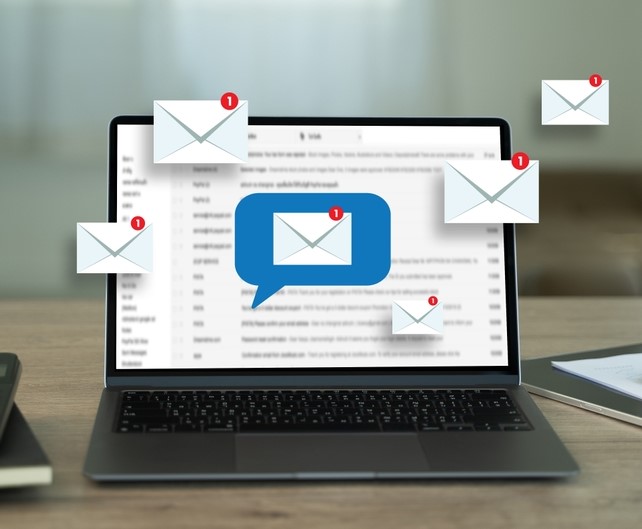Trivia Answer from Newsletter: C) 79%!
One of the common perceptions about young alumni is that they have abandoned email as a means of communication, favoring newer platforms like Snapchat, Instagram, X, TikTok, and occasionally LinkedIn. Email is often considered the “old” way to connect with the tech-savvy generations. However, our extensive research spanning over 20 years, involving projects with alumni from over 320 universities and colleges, challenges this assumption.

In numerous projects, we’ve delved into alumni preferences regarding different forms of communication. We’ve asked questions about the frequency of communication consumption, whether alumni believe they receive an appropriate amount of various types of communication, the significance of these communications to them, and their perceptions of the quality and effectiveness of the messages they receive from their alma mater. This body of work has yielded valuable insights into alumni engagement with communications and how this engagement varies across different alumni cohorts. Young alumni have distinct behaviors, separate from their older counterparts. Even donors may approach communication differently from non-donors. Moreover, engineers may have specific preferences, compared to English majors; business school graduates may have unique perspectives.
So, let’s address the burning question: “Do young alumni read emails from their alma mater?” The answer is both yes and no. Young alumni are less inclined to read emails from their alma mater than their older peers, but email remains a crucial channel to connect with them. Remarkably, 79% of young alumni admit to occasionally reading emails from their alma mater, with more than a third indicating frequent engagement. The numbers are even higher for millennial alumni, with 88% occasionally reading alumni emails and nearly half doing so frequently.
However, it’s essential to recognize that the landscape of alumni engagement is diverse and dynamic. The effectiveness of email communication may vary depending on the individual, their graduation year, and their specific preferences. This highlights the importance of maintaining a multi-channel communication strategy to cater to the diverse needs and preferences of your alumni. While younger alumni may be more active on social media platforms, email remains a valuable and relevant tool for nurturing alumni relationships and engagement.
The notion that younger alumni completely disregard email is inaccurate. Email still has a role in alumni communication, primarily when used strategically and with other communication channels to reach alumni effectively in today’s evolving landscape.
For more content about alumni engagement data trends, check out our blog Alumni Insights.
